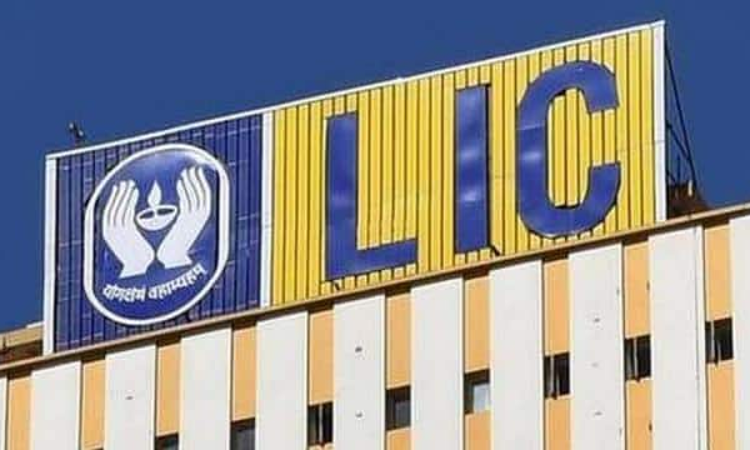'LIC IPO To Bring About Rs 70K Crores For Nation's Development' : Madras High Court Dismisses Policyholder's Challenge Against 5% Disinvestment
Upasana Sajeev
22 March 2022 9:16 AM IST

The court holds that the word "only" used in the definition of Money Bill under Article 110 of the constitution cannot be given a narrow meaning.
Next Story


